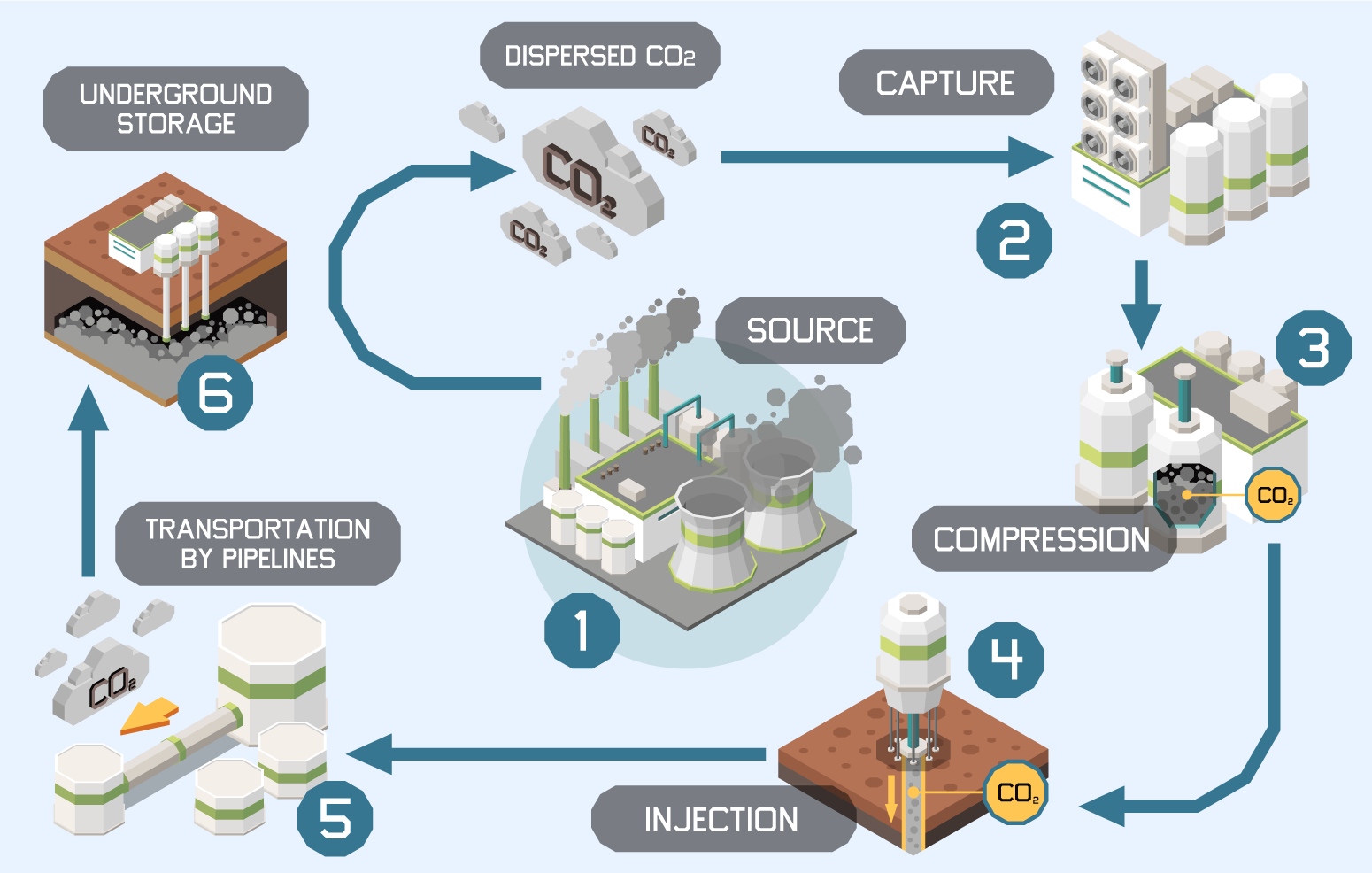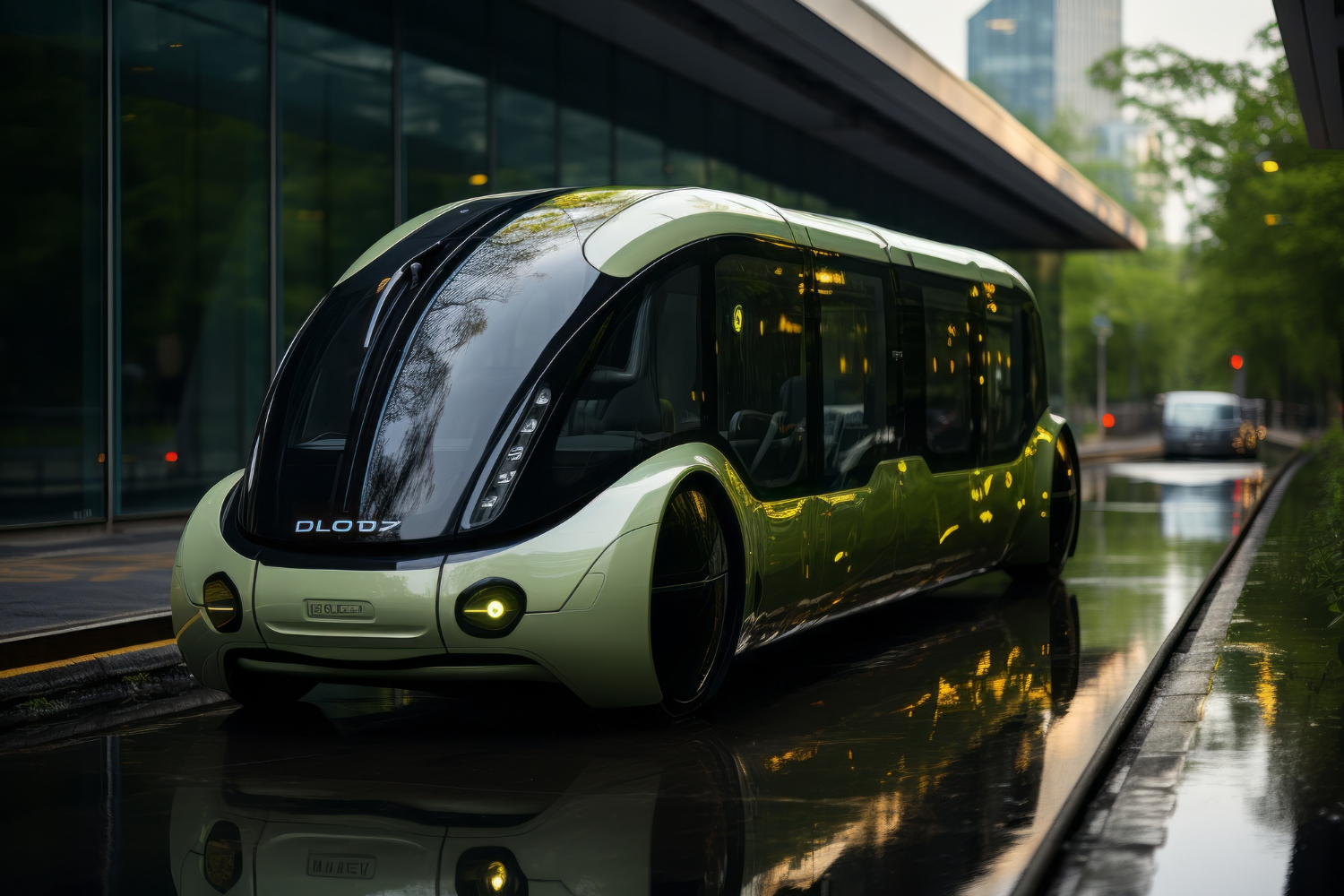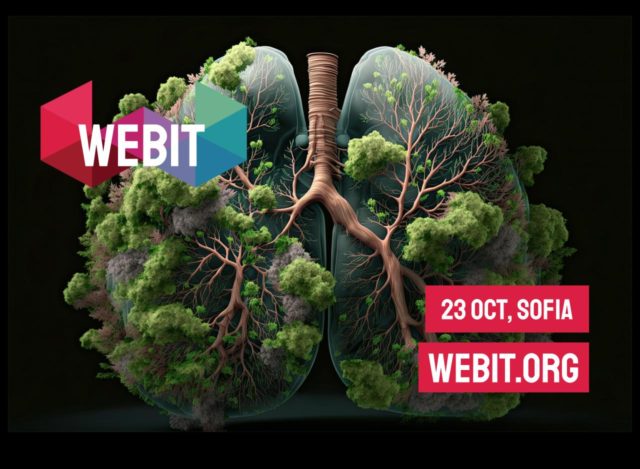In the face of escalating environmental challenges, technological innovation is playing a crucial role in fostering sustainability and combating climate change. Planet & Climate Tech encompasses a range of cutting-edge solutions designed to protect our planet and address the pressing issues of global warming and resource depletion. Here’s a closer look at some of the most impactful advancements in this field:
Renewable Energy Breakthroughs

The transition to renewable energy sources is one of the most critical steps in reducing our carbon footprint. Solar and wind energy technologies are advancing rapidly, with improvements in efficiency and cost-effectiveness making them more accessible. Innovations in energy storage, such as high-capacity batteries and grid-scale solutions, are helping to balance supply and demand, ensuring a stable and reliable renewable energy supply.
Carbon Capture and Utilization

Carbon capture and utilization technologies are emerging as vital tools in the fight against climate change. These systems capture CO2 emissions from industrial processes or the atmosphere and either store them underground or convert them into useful products. For example, captured CO2 can be used to produce synthetic fuels or building materials, helping to close the carbon loop and reduce overall emissions.
Smart Infrastructure and Resilience

As climate change increases the frequency and severity of extreme weather events, building climate-resilient infrastructure becomes essential. Smart infrastructure, integrated with sensors and real-time monitoring systems, can enhance our ability to manage and respond to environmental challenges. Innovations include advanced flood management systems, climate-adaptive construction materials, and infrastructure designed to withstand extreme conditions.
Sustainable Agriculture Technologies

Agriculture is both impacted by and contributes to climate change. To address this, technology is being used to make farming more sustainable. Precision agriculture, powered by data analytics and remote sensing, allows for more efficient use of resources like water and fertilizers. Additionally, developments in vertical farming, lab-grown meat, and alternative proteins offer promising solutions for reducing the environmental footprint of food production.
Ocean and Water Conservation

Protecting our oceans and water resources is crucial for maintaining ecological balance and supporting life. Advances in ocean monitoring technology, such as underwater sensors and autonomous vehicles, are helping to track and address issues like pollution, overfishing, and coral reef degradation. Innovative solutions for recycling ocean plastics and restoring marine ecosystems are also making significant strides.
Green Transportation

Transportation is a major contributor to greenhouse gas emissions, but green technologies are paving the way for a more sustainable future. Electric vehicles (EVs) are becoming increasingly prevalent, with advancements in battery technology and charging infrastructure making them more viable. Additionally, hydrogen fuel cells, improved public transit systems, and autonomous vehicles are contributing to reduced emissions and more efficient travel.
Circular Economy Initiatives

The circular economy aims to minimize waste and maximize the reuse of resources. Technologies supporting this model include advanced recycling systems capable of processing complex materials and digital platforms that facilitate product sharing and reuse. By designing products for durability and recyclability, businesses can reduce waste and lower their environmental impact.
Climate Risk Management

Effective climate risk management is essential for both businesses and governments. Advanced data analytics and modeling tools are being used to predict and assess climate-related risks, such as extreme weather events and sea-level rise. These tools enable better decision-making and help organizations develop strategies to mitigate risks and adapt to changing conditions.
Sustainable Materials

Innovations in sustainable materials are helping to reduce the environmental impact of manufacturing and construction. Examples include biodegradable materials, such as plant-based plastics and compostable packaging, and eco-friendly building materials like recycled steel and bamboo. These materials contribute to reducing waste and lowering carbon emissions.
Public Engagement and Education

Raising awareness about climate change and sustainability is key to fostering a more environmentally conscious society. Technology plays a role in this by providing interactive platforms, educational apps, and virtual reality experiences that make climate science and sustainability issues more accessible and engaging. These tools help educate individuals and encourage sustainable behaviors.
Moving Forward
The advancements in Planet & Climate Tech represent a hopeful and proactive approach to addressing environmental challenges. By harnessing these technologies, we can make significant strides toward a more sustainable and resilient future. Collaboration across sectors and continued innovation will be crucial in driving progress and achieving global environmental goals.
Join the discussion and learn from global leaders in the industry on the 23rd of October in Sofia. https://www.webit.org/festival-europe/index.php
#WebitFestival2024 is an exciting opportunity for industry leaders and experts to come together to discuss the latest trends and developments in the field of planet and climate tech.

Check our ticket options here:
https://www.webit.org/festival-europe/tickets.php
